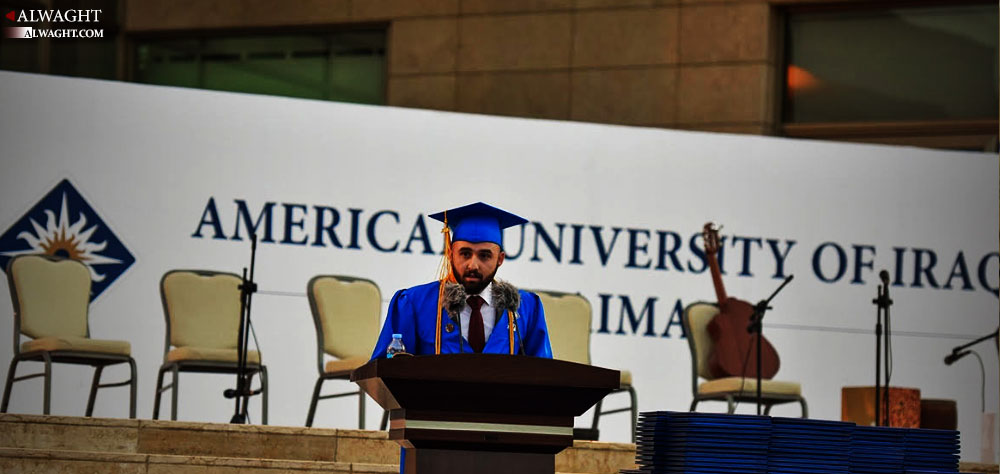Alwaght- The 2003 US occupation of Iraq exhibited new aspects of power in the West Asia region. The US put high on its Iraqi agenda use of cultural instruments as part of its soft war through which Washington tried to change the concept of power in the modern world.
Signing a security pact with Iraq in 2008 gave the US presence and activities a formal and legal status IN THE WEST Asian country. The agreement marked a new chapter of official relations between the two countries as it at the same time marked a new stage in the American efforts to influence the Iraqi public opinion.
The US commenced its cultural activism in Iraq in the initial days of its military occupation of the country. A focus on the US cultural measures in Iraq reveals the fact that Washington leaders' plots to change the Iraqi society’s cultural beliefs and values. This roadmap concentrated on years of cultural work to dig gaps between the Iraqi generations and produce a society with a culture consistent with that of the US.
Four groups were target of this Washington's systematic cultural work: First the academic community like the university professors, university students, teachers and students. Second, the cultural elites like the artists. Third, the youths. And fourth, the women.
Americans designed and ran a program consisting of various activities for each group. The programs provided the university professors with study opportunities and students with scholarships abroad. They also launched teacher-training courses inside Iraq in a bid to present a desirable picture of the US among the Iraqi elites who could transfer that to the Iraqi society. In fact, the program runners want to give a picture that well makes the Iraqis optimistic to US hegemony in the region. So far, the US ran different programs including the Fulbright Scholarship Program and Teacher Training Program for Iraq, and other programs, including in engineering and practical science, for the students and women in a bid to absorb Iraqi elites and potential elites. Foundation of the American University of Iraq, Sulaimani in Kurdistan region is part of these efforts.
Arts have always been a very proficient tools to spread cultural beliefs. The American cultural ambassadors and consulates are working on promoting the Western culture in Iraq through supporting modern cultural patterns in the country. Seeing the northern Iraqi cultural climate ready, Americans are spreading Western music and dance in the region. The Musical Ambassadors and Dance Diplomacy programs, all ran by the American embassy's cultural section in Iraq, are meant to serve the US cultural agenda in Iraq.
Youths are another group targeted by the American cultural and social programs in Iraq. The US appears to have designed for this group a plan different that from those of other groups. Since the occupation of the country in 2003, the liquor stores and nightclubs saw considerable increase in number. Such places drew protest of Islamic groups like Sadrist Movement but statistics show that they remained open so far. Part of US cultural activities pursue a course of Iraq modernization but what is really done in relation to the young people is their alienation from their culture and legacy and making them embracing Western values. United States Agency for International Development (USAID) has launched initiatives of this kind in Iraq through private institutions.
Americans policy for Iraqi women is urging them adopt western women's lifestyle and pursue the so-called women rights in the society. Having in mind that the women are the main segment of the Iraqi society with regard to their central role in the family, they become the main target of the American cultural plots in Iraq. The women are offered courses that in addition teaching them writing and reading means to introduce them Western interpretation of concepts such as freedom as norm. These are just part of the American campaign to influence Iraqi women that revolves around feminism promotion.



























